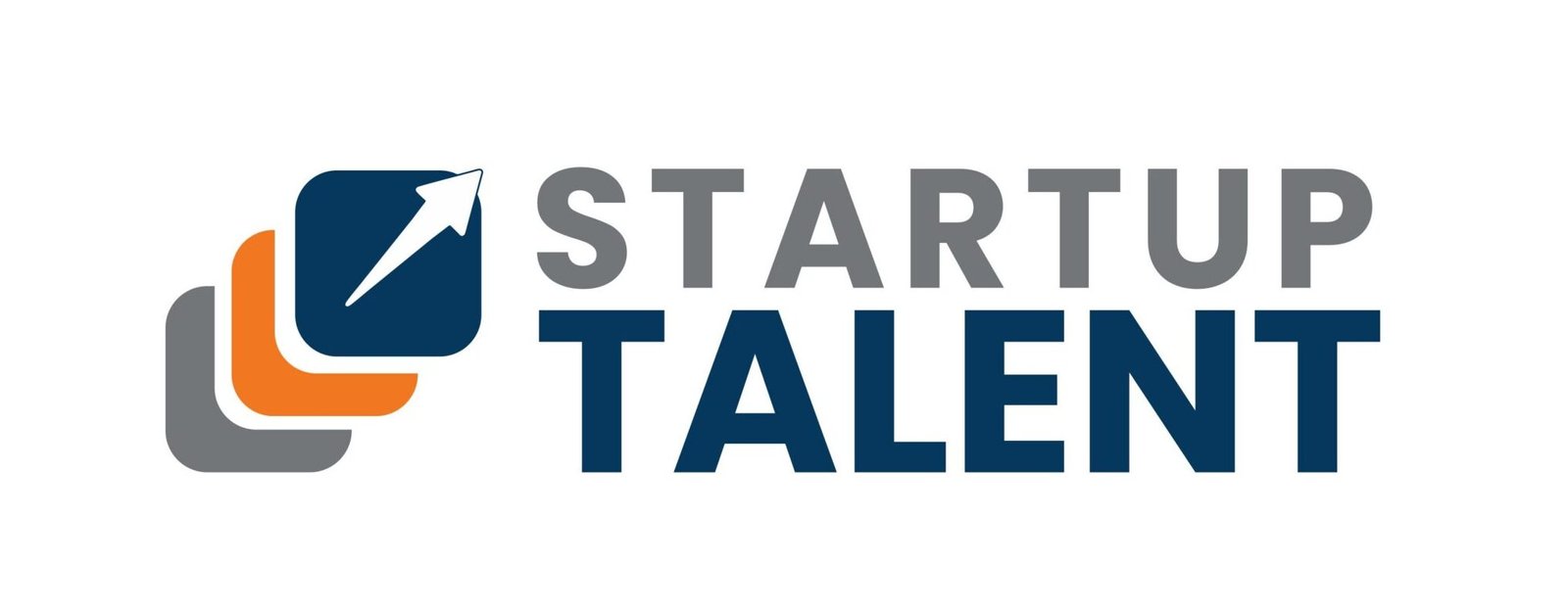In an era of technological advancements and shifting work paradigms, the benefits of remote employees are paramount for all businesses. Hiring remote employees equips companies to access diverse skill sets, remain competitive in a fast-paced market, and foster innovation.
This guide presents the essentials of hiring remote employees and unlocking global talent.
Understanding the benefits of a remote workforce
One of the most important aspects of hiring remote talent from around the globe is understanding the various advantages a remote workforce would have. By hiring remotely, you will not be limited to local candidates but will also be able to hire from around the globe. You can find the best fit for your company anywhere, bringing fresh perspectives and varied experiences.
Furthermore, remote work can lead to substantial savings by reducing overhead costs linked to office space, utilities, and commuting allowances. By Hiring Remote Employees, you can provide them with a work-life balance that can help them increase their productivity. Offering remote work options can also enhance job satisfaction and retention rates since employees appreciate the flexibility and autonomy of a remote setting.
Creating a solid remote work infrastructure
Hiring remote talent requires you to create a work culture that aids remote employees in functioning diligently daily. You can choose to invest in reliable communication and collaboration tools. Platforms like Slack, Trello, Zoom, and Asana is crucial for seamless remote work.
You can also embrace cybersecurity measures that protect the company data. You can use VPNs, provide regular security training to employees, and use encrypted communication channels to protect confidential data better. Furthermore, by developing clear remote work policies that outline expectations, communication norms, and work hours, you can set performance metrics that your remote employees can abide by.
Crafting the perfect job description
Recruiting remote talent differs from recruiting onsite talent. Regarding remote talent, you must develop the perfect job description that not only garners candidates’ interest but also specifies their day-to-day responsibilities. You must clearly outline the role, duties, and required skills. You can choose to highlight that the position is remote and select any preferred time zones or geographical restrictions.
Taking this approach can help you attract the right talent to your organization. It would help if you also emphasize your company’s culture and values. Remote work requires a high degree of cultural alignment, so you must ensure the candidates resonate with your organizational ethos and fit in seamlessly.
You can also simplify the application process but must ensure that it efficiently assesses the candidate’s skill set and suitability for remote work. You can also incorporate tasks that stimulate real work scenarios to determine their ability to work remotely.
Sourcing and attracting global talent
You must explore different job boards and platforms to source and attract global talent. Using a remote hiring platform like We Work Remotely, remote.co, FlexJobs, and Startup Talent can be highly effective. Additionally, LinkedIn serves as a powerful tool for reaching a broader audience.
Relying upon social media platforms and professional networks to promote job openings can also be beneficial when hiring remote talent. You can engage with interested candidates in online communities and forums. You can also encourage your current workforce to refer candidates. This process can be an effective way to find talent that aligns well with your company culture.
The interview process
While hiring remote talent, the interview process is slightly more detailed than interviews for onsite talent. You will have to conduct interviews over video conference. You can structure the interviews to assess not only the technical skills but also the candidate’s soft skills, such as self-motivation, communication, and problem-solving skills.
For specific roles, you can also give candidates trial projects to evaluate their work quality and ability to meet deadlines in a remote setting. For hiring remote employees, you must have several interview rounds with different team members to get a well-rounded view of the candidate’s fitness for the role and the company.
Onboarding remote employees
Once the hiring process is through, the onboarding process poses the most challenges. You need to create an onboarding program designed explicitly for remote employees. This program can include training on company tools, processes, and culture. Another option is to assign a mentor to new hires to assist them in adjusting to the company.
Regular check-ins during the initial weeks can also make a big difference. It would help if you also implemented feedback loops to improve the remote onboarding experience constantly. By regularly seeking input from new hires about their onboarding experience, you can understand the various changes you must make to resonate more seamlessly with the new hires.
Managing and retaining remote employees
Communication is vital for the best startups hiring remote employees. By maintaining regular communication through scheduled meetings, emails, and chat channels, you can stay connected with your workforce and address any challenges they might face. Additionally, video calls can be used to build personal connections. Implementing a performance tracking program using performance management tools is essential to set goals, track progress, and provide regular feedback.
By focusing on results rather than the hours put in to achieve those results, you will be able to motivate your remote workforce and succeed in your target. It would help if you also created a sense of community through virtual team-building activities, opportunities for professional development, and recognition programs.
By encouraging work-life balance by promoting regular breaks, respecting boundaries, and discouraging overwork, you can successfully retain the remote employees you hire and ensure that your company achieves its overall goals.
Conclusion
Unlocking global Startup Talent Pro. through remote hiring is no longer a trend but a strategic move that can propel your business forward. You can build a diverse, productive, and engaged remote workforce by understanding the benefits, developing a solid infrastructure, and creating compelling job descriptions while implementing robust management practices. You must embrace the future of work and watch your organization thrive in the global marketplace as you successfully hire from around the world.






